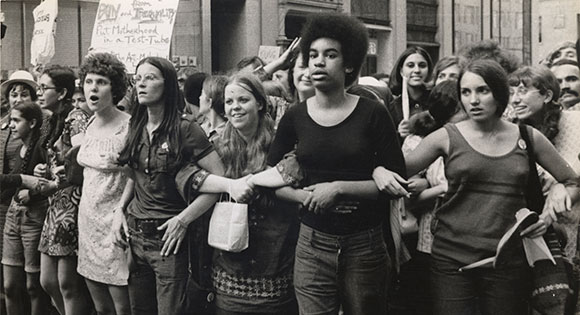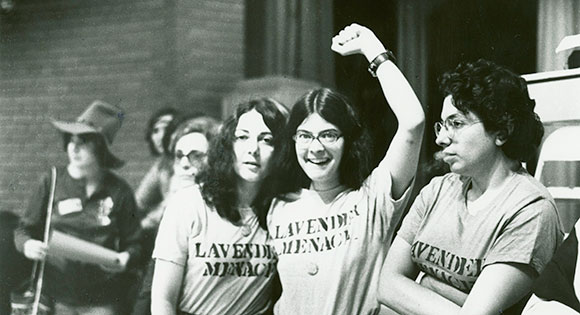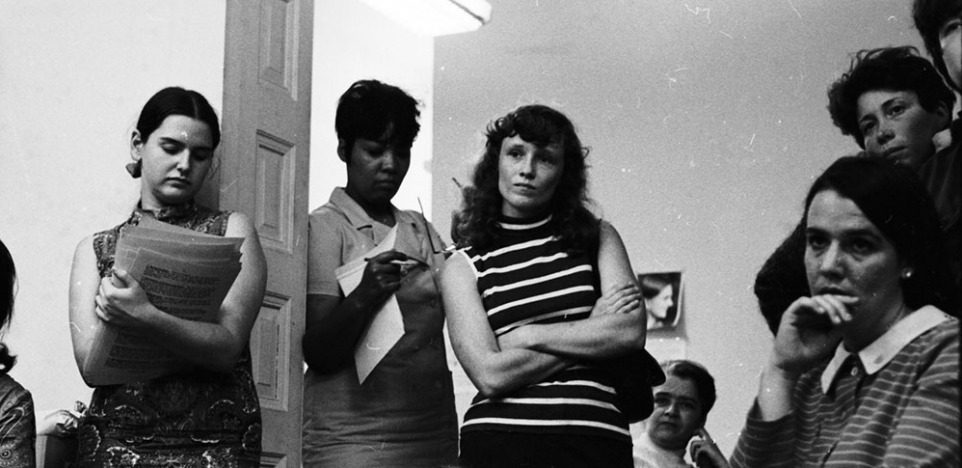Director Mary Dore has created a vibrant, enlightening, and substantive overview of the first wave of the U.S. women's movement from 1966 to 1971. Using historical clips and interviews with many of the movers and shapers of the cause, we see the importance of the publication of Betty Friedan's book The Feminine Mystique in 1963 followed by a surge of activists from the Civil Rights and anti-war movements. Many of these women organized themselves into "consciousness-raising groups" in which they discussed the many ways they were suffering from job discrimination, exclusion from academia, workplace harassment, unequal pay, rape, and spousal abuse. These pioneers were shocked and angered by the chauvinism of the Students for a Democratic Society (SDS) and Black Power groups. One woman activist says that their only role in these organizations was to lick envelopes.

In a series of interviews with ordinary people on the streets, both men and women are harshly critical of those involved in the women's movement. We listen to David Frost labelling them as "so oversensitive" and witness J. Edgar Hoover justifying keeping tabs on them as threats to national security and disturbers of the peace.

Dore provides some very entertaining moments as she chronicles the creativity of women activists in W.I.T.C.H., who cast hexes on those who challenged them, or the clever antics during a march in New York City where women ogled men as sexual objects in the same way they were often treated. The women's movement proved to be very adaptive as they embraced the needs of black and Latinos. The National Organization for Women (N.O.W) was rocked by "the lavender menace" of lesbians in their ranks but Betty Friedan gave up her opposition to this development.

It is very gratifying to watch clips from the past and commentary in the present with Kate Millett, Eleanor Holmes Norton, Susan Brownmiller, the late Ellen Willis, Rita Mae Brown, Alix Kates Shulman, Trina Robbins, Jacqui Michot Ceballos, and many others. One of these "libbers" laments that "The bitter lesson is that no victories are permanent." Hopefully, this incredible documentary will bring all women back together to work on the gender role challenges of our time.
